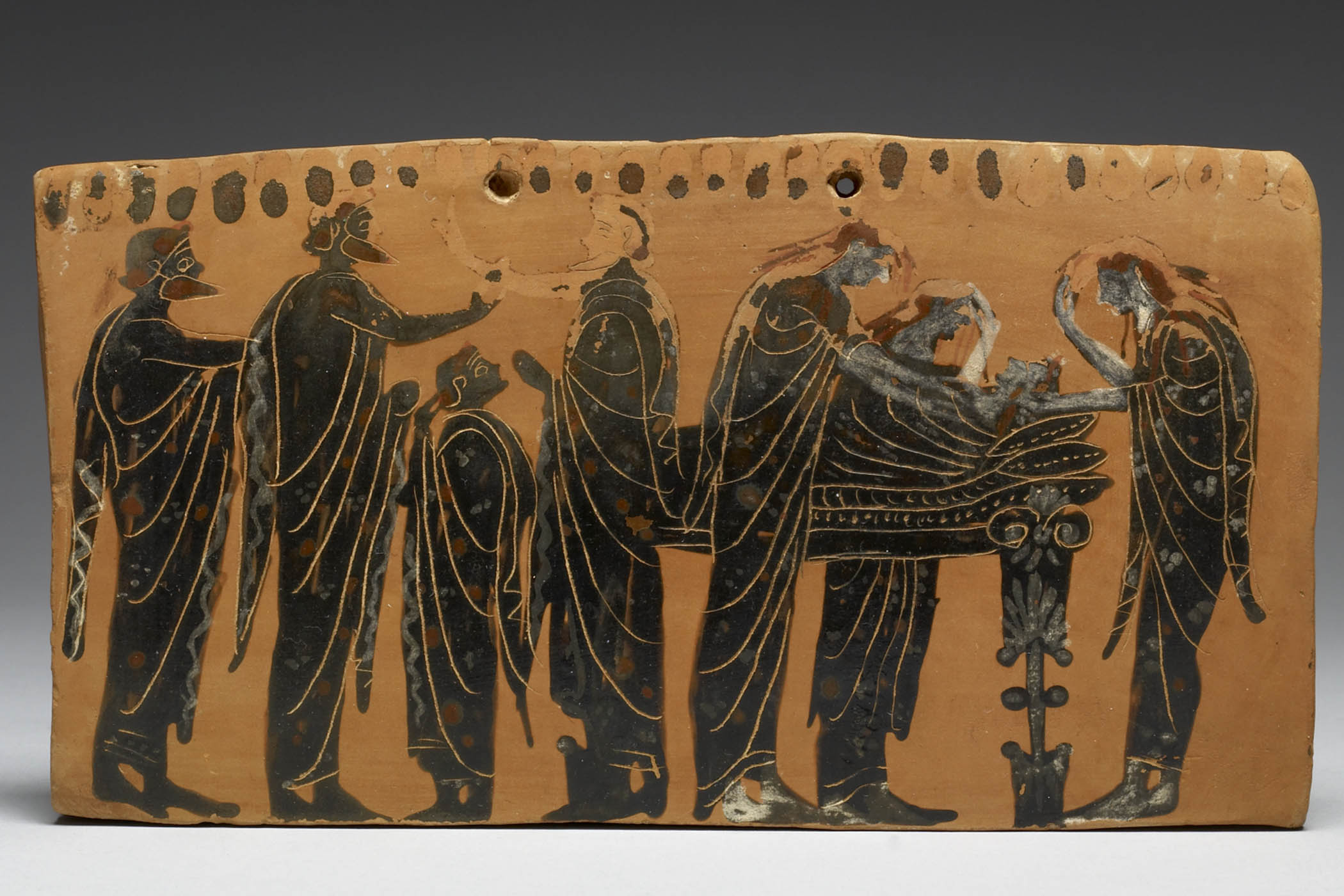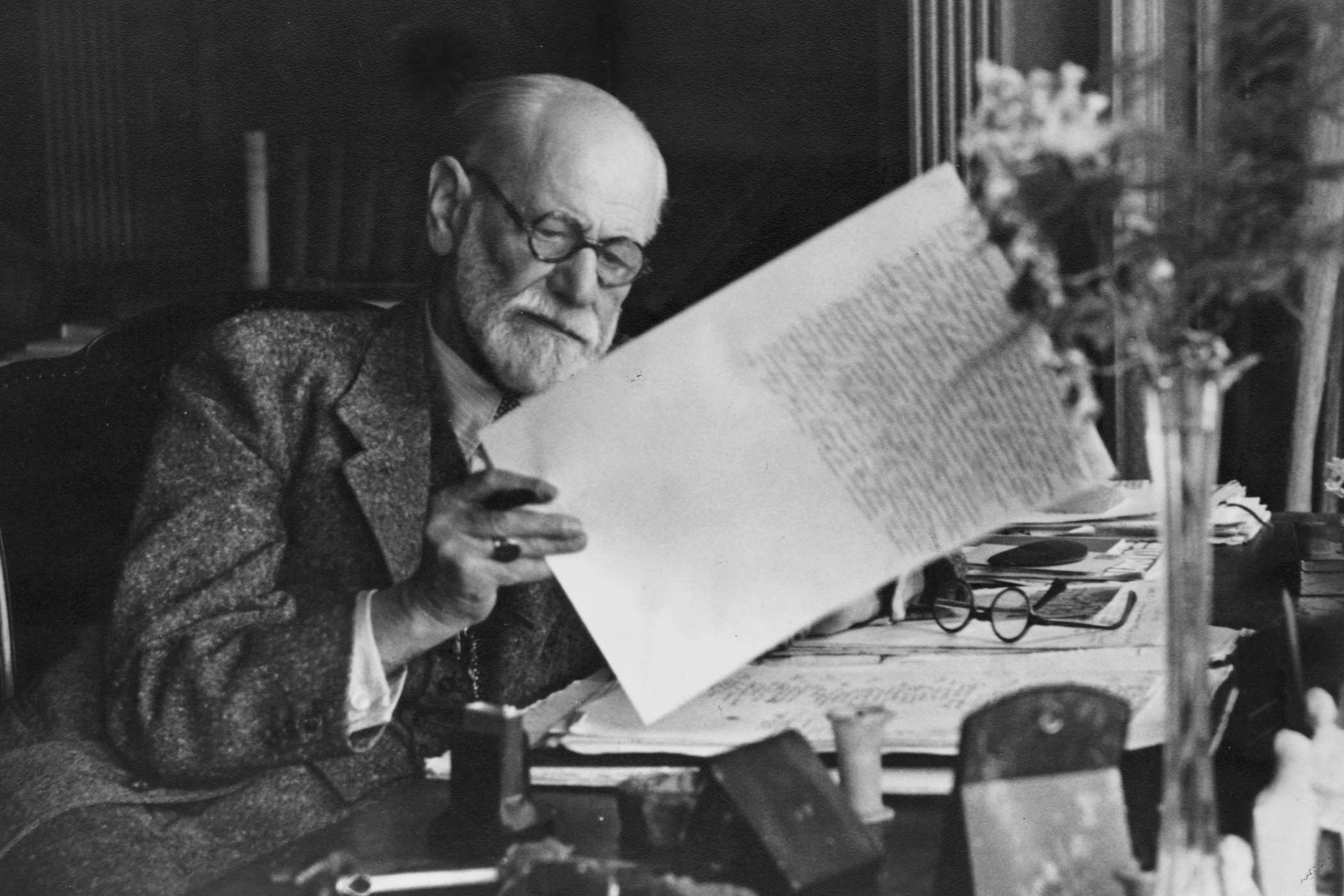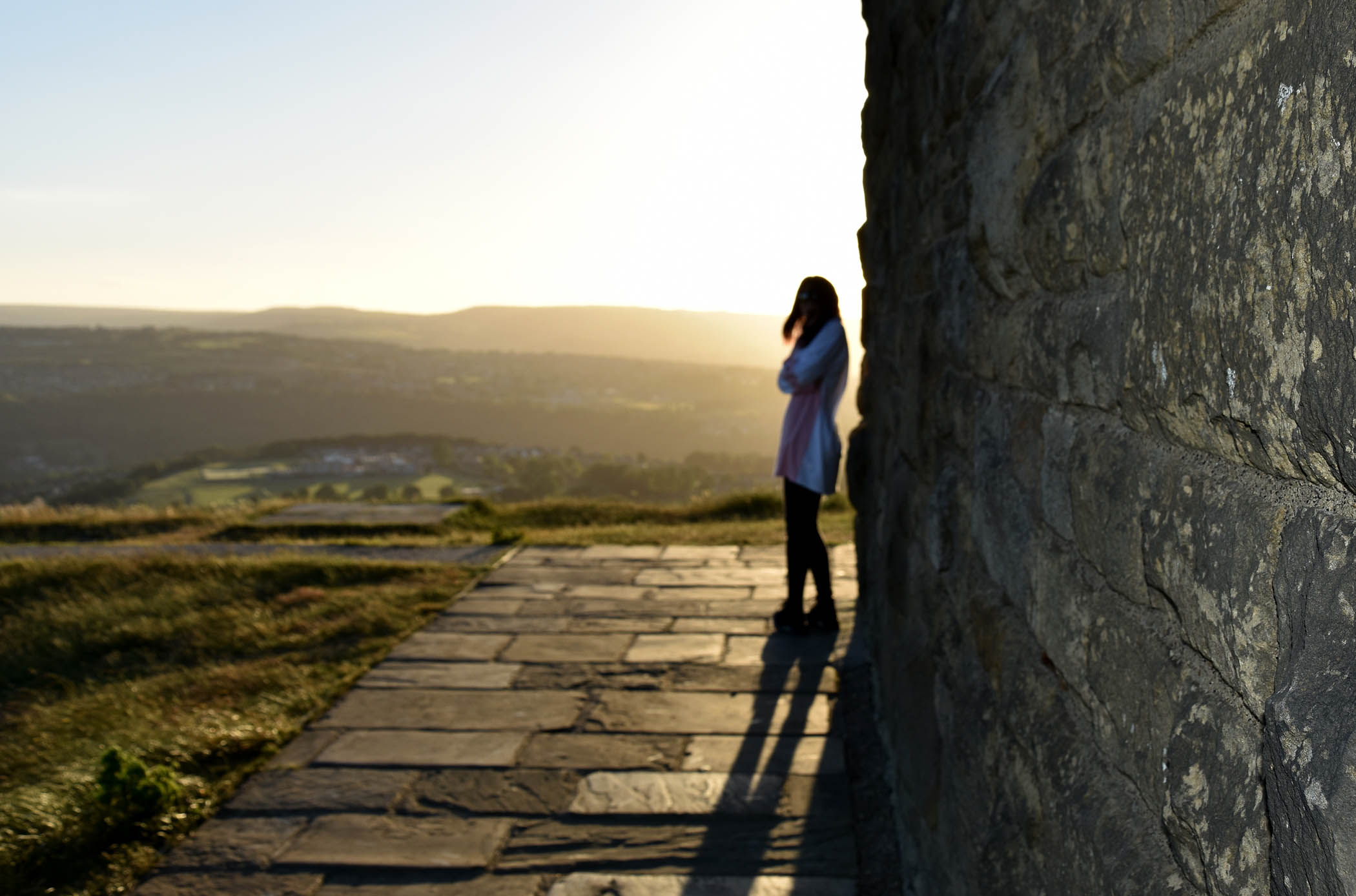Josephine Balmer has translated some of the greatest poets in ancient literature, from Sappho to Catullus to Ovid. Yet in Things We Leave Behind, a showcase of five poetry collections and four decades working as a classical translator, she emerges as a master of poetry in her own right.
As Balmer parses the creased papyrus in Amr’s Last Words, or the finery of ancient funerary inscriptions in Set It in Stone, each stanza is layered with intriguing archaeological finds. My favourite is the inscribed stylus in Keepsake, which reads along the lines of: “I went to Rome and all I got you was this pen.”
Contemporary poetry tends to place the self under a spotlight, naked as a mannequin in a shop window. Here, there are no such mannequins; the abiding sense is not of selfhood but of a slipstream of dirt flowing inevitably towards our fatal end.
As Balmer confesses in Proem: Final Sentence, morbid yet majestic in tone: “Still I am drawn to it like breath to glass. / That ache of absence, wrench of nothingness, / stark lacunae we all must someday face.” She is, as she says in The Student’s Find, “only too happy to keep / my head down, hands in muck / and silt”.
This preoccupation with mortality arises in part through the fascinating project of reviving a lost play by Aeschylus, a 5th-century BC tragedy titled Myrmidons. As Balmer explained in an interview, “where archaeology excavates beautiful, lost objects, long-buried in the accumulating silt of history, poetry excavates language, particularly image and metaphor, from the dusty inspiration of time and place”.
Along the way, we are guided by a surprisingly engaging cast of corpses
Along the way, we are guided by a surprisingly engaging cast of corpses
There is a haunting reminder, in Aeschylus’ Revision, that “flesh never returns to the skeleton” – such striking realisations tune us into the temporary nature of identity, the fragility of flesh and its inevitable final home.
Along the way, we are guided by a surprisingly engaging cast of corpses. They are “stacked like logs or mackerel on moon-blanched shore” in Landed, or riddled with “bone-starved worms grubbing out fresh flesh” in Malvern Road Station, Cheltenham – reminding us, as the collection’s title suggests, of the skeletal fragments that outlast us.
The reader does not learn much about Balmer. But we emerge from the rubble with a newfound appreciation for archaeology, an understanding not only of the mud but of the mind.
Her expertise as a classical translator highlights the human tendency to translate the same story over and over again: often one that tells of the timeless absurdity of war. “For a prize of dirt, a few yards of scrub, / they fought like gods as soil soaked red, / shallows curdled, stagnant with corpse-shoals,” she writes in Landed.
Balmer reveals common ground in unlikely places, connecting stories of her niece dying from liver cancer to Persephone’s abduction by Pluto, or the plight of a British captain in the doomed 1915-16 Gallipoli campaign to Ovid’s exile on the Black Sea.
Newsletters
Choose the newsletters you want to receive
View more
For information about how The Observer protects your data, read our Privacy Policy
Although I laughed at characters such as the “pompous provincial bureaucrat” in Blot, who flaunts “cold, hard cash” in Alexandria AD150 yet “couldn’t tell drama from dog shit”, these poems resist simple or straightforward readings. One must chisel and chip away, they demand, until we reach a deeper, sometimes darker, truth. Balmer’s collection requires a thorough excavation, too, of the endnotes as well as the detailed introduction by Paschalis Nikolaou to be fully appreciated.
But, reading Balmer, the overwhelming sense is of a poetic legacy in the making; a collection of profoundly human things that Balmer pledges to leave behind.
Keepsake
Inscribed writing stylus, Walbrook, London, 75 CE
From Rome, a keepsake to bring you pleasure –
a pointed gift so you will always remember;
I wish I could have given you much, much more
but the journey is long and funds are short.
I’m sure he threw it in the stream. London,
I’d heard, was in ferment, packed with pleasure:
fine wines, sweet ale, and most of all women,
its frost-edged dusk a lure to warm the bones.
My message, sharpened, in miniature,
would go unread, unmarked. He didn’t know
there was a further present still to come
from that brief, jasmined night he’d forgotten –
those pared hours we shared before he embarked –
but I relived by day; how the moon grazed
the sea at Ostia like a polished blade
as each serrated kiss cut time in half.
A keepsake to bring you pleasure. Ten days
old. Her father in replica. As sharp.
Things We Leave Behind: Selected Poems by Josephine Balmer is published by Shearsman Books (£14.95)
Editor’s note: our recommendations are chosen independently by our journalists. The Observer may earn a small commission if a reader clicks a link and purchases a recommended product. This revenue helps support Observer journalism
Photograph of a terracotta plaque depicting mourners, Greece, sixth century BC, courtesy of Walters Art Museum



